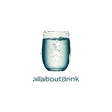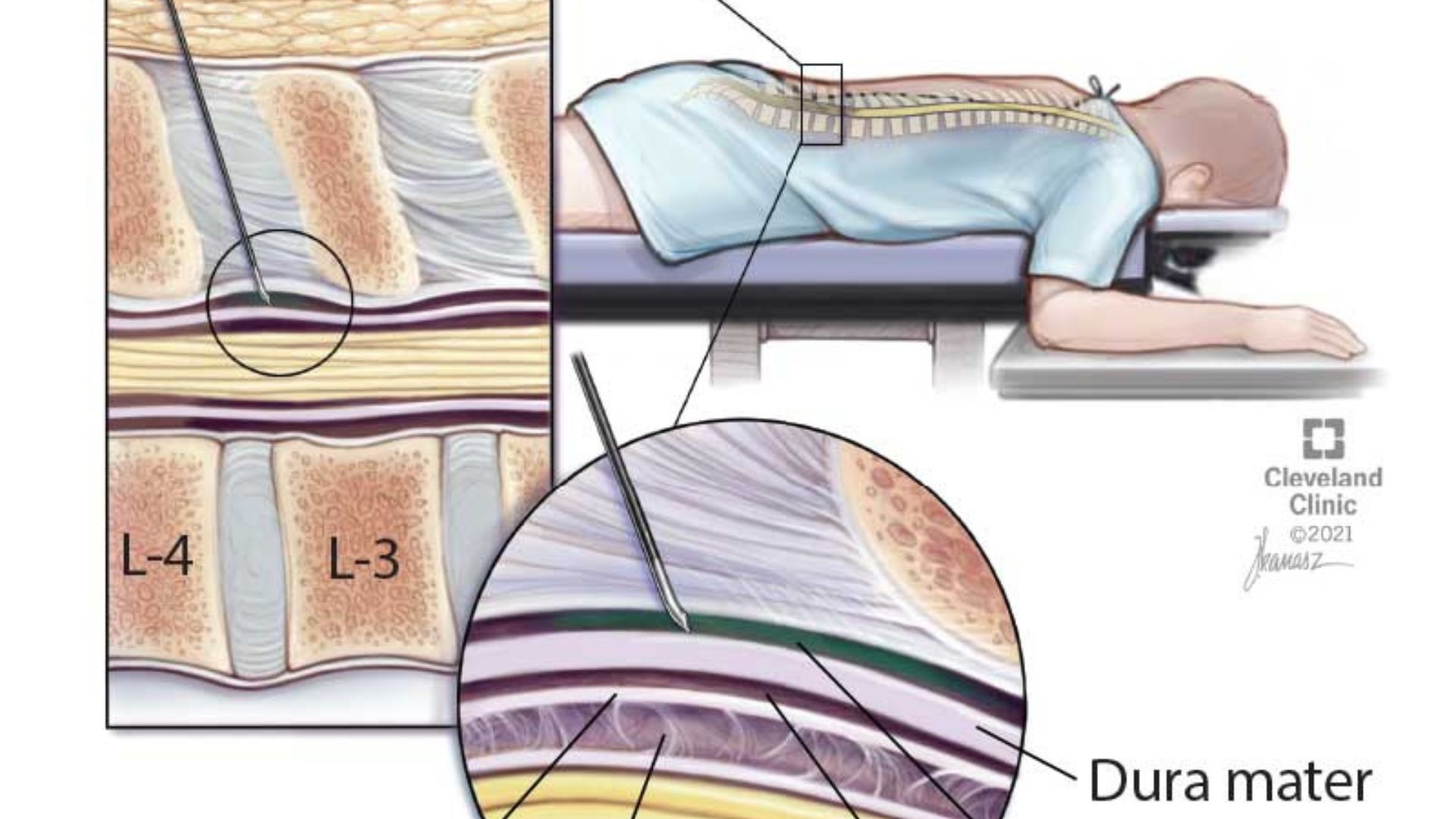You should wait at least 2–3 weeks after septoplasty before drinking alcohol, as it can increase bleeding, swelling, and slow healing. Always follow your surgeon’s specific instructions, since recovery timelines may vary.
Introduction
Many patients preparing for nasal surgery find themselves asking the same question: “How long after septoplasty can I drink alcohol?” It’s an important concern because what you drink after surgery can affect how well—and how quickly—you heal. While alcohol may seem harmless, it has real effects on swelling, bleeding, and your body’s ability to recover. Understanding the safe timeline for alcohol after septoplasty helps you avoid complications and protect your results. In this guide, we’ll look at medical advice, recovery timelines, and practical tips so you know exactly when it’s safe to have that first drink again.
Understanding Septoplasty and Recovery Timeline
Septoplasty is a surgical procedure designed to straighten a deviated septum, improving airflow and reducing nasal obstruction. Like any surgery, it requires careful recovery to ensure long-term success. In the first week, most patients experience swelling, mild bleeding, and nasal congestion. Initial healing typically takes 7–10 days, though full recovery of the nasal tissues may take 4–6 weeks. During this time, the nose remains sensitive, and habits such as smoking or drinking alcohol can interfere with the healing process. Following your ENT’s post-operative care instructions is essential for minimizing risks, supporting proper mucosal repair, and helping you return to normal breathing and activities more quickly.
How Alcohol Affects Healing, Bleeding & Swelling
If you’re wondering how long after septoplasty can I drink alcohol, it helps to first understand why doctors urge caution. Alcohol is a vasodilator, meaning it widens blood vessels. After nasal surgery, this can lead to increased bleeding and swelling, both of which slow healing and may cause complications.
Alcohol also acts as a diuretic, pulling fluids from the body and leaving you dehydrated. Since hydration is critical for proper mucosal repair, drinking too soon can delay recovery. On top of this, alcohol may interact with anesthesia, narcotic pain medications, or blood thinners, creating potentially dangerous side effects like dizziness, nausea, or excessive bleeding.
Even a small amount of alcohol immediately after surgery can make recovery harder. That’s why ENT specialists consistently advise avoiding alcohol until your nose has stabilized and your doctor confirms it’s safe.

Official Guidelines: Alcohol After Septoplasty
When patients ask, “How long after septoplasty can I drink alcohol?”, most ENT surgeons provide clear but cautious guidance. Generally, you should avoid alcohol for at least 1 to 2 weeks following surgery. This initial period is when your body is forming stable clots, reducing swelling, and beginning the tissue-healing process. Introducing alcohol too soon can compromise these steps.
If you are taking pain relievers, antibiotics, or other prescribed medications, alcohol should be avoided entirely until those treatments are finished. Doctors emphasize that mixing alcohol with medication can create dangerous side effects, including bleeding complications and impaired immune response.
Ultimately, the exact timeline varies based on your healing speed, overall health, and surgical outcome. For many, alcohol may be safe after two weeks, but only if your surgeon approves during your post-op visit. Always follow your surgeon’s personalized instructions over general advice.
Safer Alternatives During Recovery
Instead of wondering, “How long after septoplasty can I drink alcohol?”, it’s better to focus on what you can drink during recovery to stay comfortable and support healing. The top choice is water, as it keeps your nasal passages hydrated, reduces dryness, and supports circulation for faster recovery. Cold or ice-chilled water may also provide soothing relief from swelling.
Electrolyte drinks are another excellent option, especially if you’ve experienced reduced appetite, sweating, or mild dehydration. Herbal teas like chamomile or ginger (served lukewarm, not hot) can calm irritation and promote relaxation without caffeine. For nutrition, smoothies made from yogurt, soft fruits, or protein powders can provide much-needed energy without irritating sensitive tissues.
Avoid carbonated sodas, citrus juices, and hot beverages, as these may sting, cause bloating, or trigger bleeding. Sticking with gentle, hydrating fluids helps you recover smoothly while avoiding setbacks.

Long-Term Considerations
Even after the initial 2–3 weeks, you should approach alcohol with caution following septoplasty. Some patients experience lingering swelling, nasal dryness, or congestion for several months as tissues continue to heal. Drinking too soon or too often can slow this process by causing inflammation, dehydration, and sleep disruption.
If you choose to resume alcohol, start with small amounts and monitor how your body reacts. Pairing drinks with water and avoiding late-night consumption can help reduce irritation. For patients taking allergy medications, antihistamines, or nasal sprays long-term, alcohol may still create side effects. Always discuss your lifestyle habits with your ENT specialist so you can return to normal activities safely and without compromising your recovery.
FAQs
1. How long after septoplasty can I drink alcohol?
Most doctors recommend waiting at least 2–3 weeks before consuming alcohol. Healing time can vary, so always follow your surgeon’s advice.
2. Why is alcohol not safe right after septoplasty?
Alcohol increases bleeding risk, swelling, and dehydration, all of which can slow recovery and make post-surgery discomfort worse.
3. Can I drink alcohol while taking painkillers after septoplasty?
No. Mixing alcohol with pain medications like opioids or even NSAIDs can cause dangerous side effects, including drowsiness, stomach irritation, or impaired breathing.
4. Is one glass of wine safe after septoplasty?
Even a single glass may interfere with healing if consumed too soon. It’s best to wait until your surgeon clears you.
5. What are safer alternatives to alcohol after surgery?
Hydrating drinks like water, electrolyte solutions, herbal teas, and smoothies are safe options that support healing without irritation.
6. Can alcohol cause long-term complications after septoplasty?
While rare, frequent drinking too early can prolong swelling, dryness, and congestion. Gradual reintroduction is safer.





